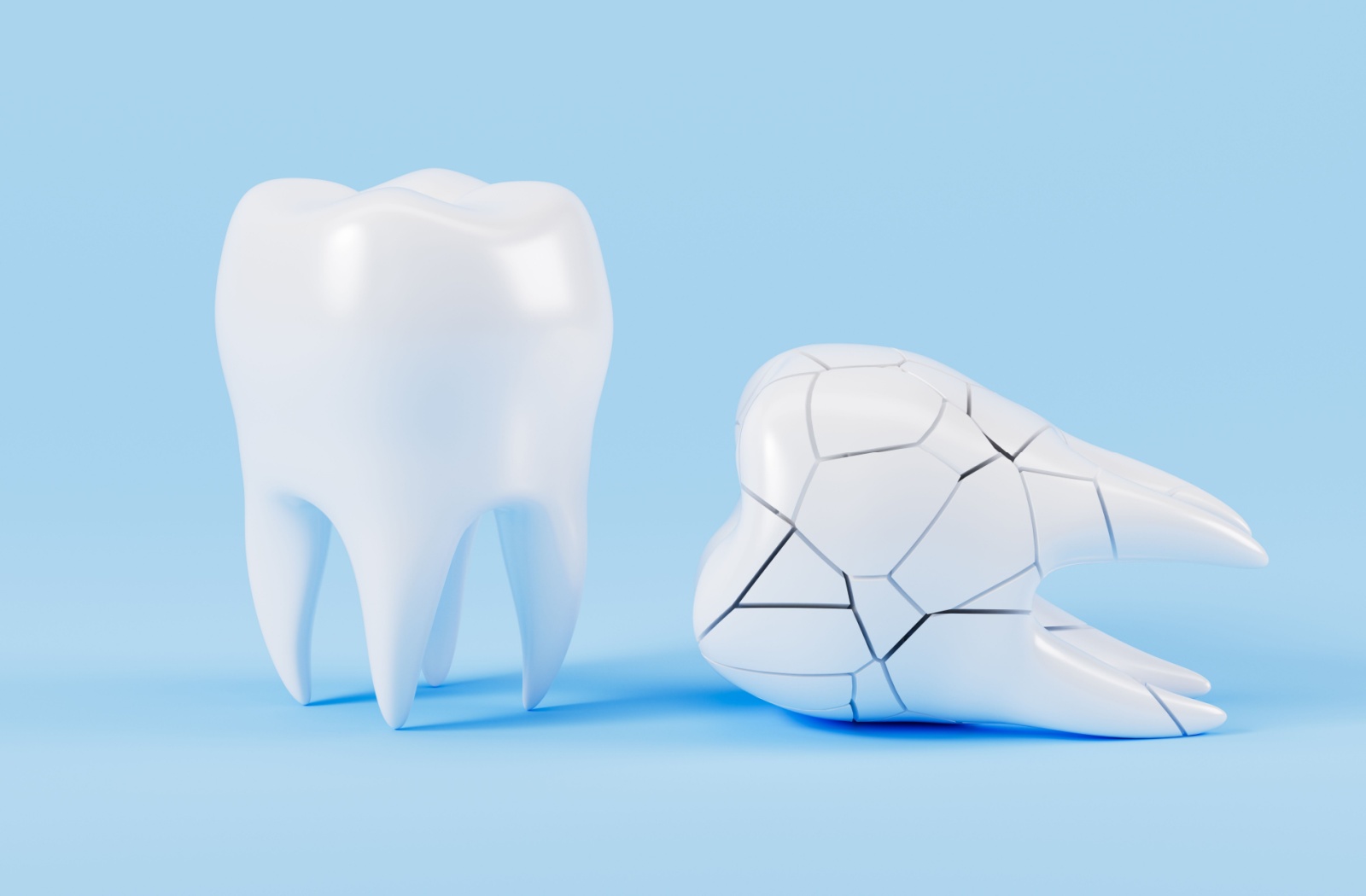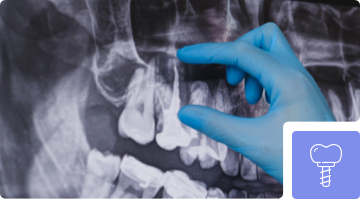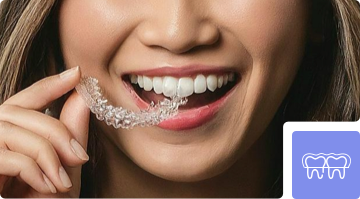
Can You Have Gingivitis Without Bleeding Gums?
You probably think that pink in the sink is the first sign of gum trouble. In fact, many people believe that, for gums to be unhealthy, they have to bleed when you brush or floss. However, your gums often send signals that something is wrong long before bleeding starts. You can absolutely have gingivitis—the earliest…


















